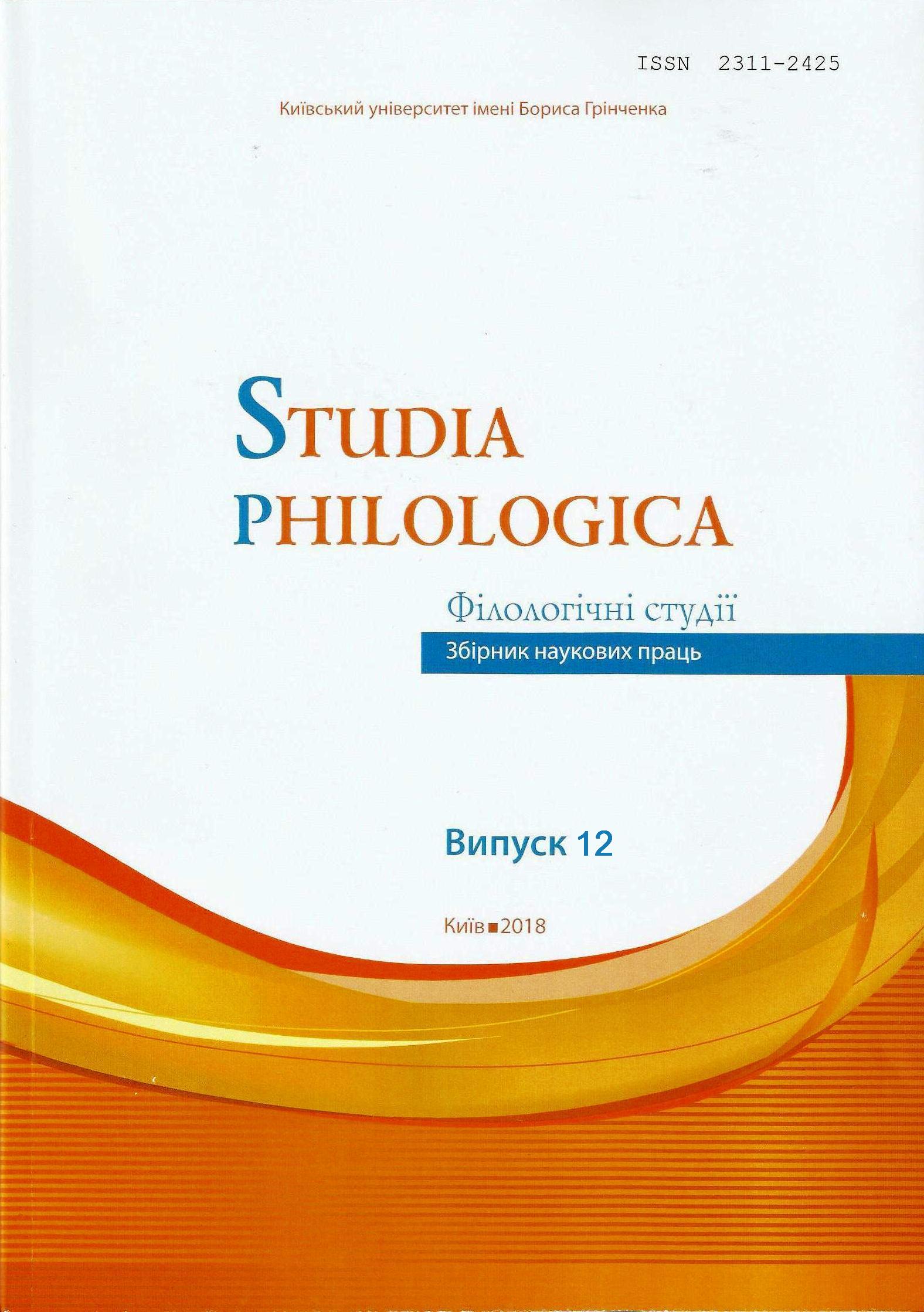TYPOLOGY OF ALTERNATIVE WORLDS: MYTH-ORIENTED SEMIOTICS
DOI:
https://doi.org/10.28925/2311-2425.2019.12.3Abstract
The article addresses the phenomenon of alternative world from the standpoint of universalia-oriented studies, myth-oriented semiosis and M-logic. We identify a world as an informational system correlating with a real (quasi-real, imaginary, fake etc.) state of affairs that is hierarchically yet not rigidly structured. An alternative world is identified as a result of multi-vectored, non-linear, irrationally-triggered categorization. Irrationality of cognition and categorization is connected to the sphere of myth while the “mythic space” is considered a container of axiomatic interpretational operators. The paper discusses the fundamentals of an alternative world’s construing and suggests its abstract logical model. World modeling is regarded as noemo-genesis (fluid generation of contextually relevant senses regarding a certain state of affairs). The stages of an alternative world’s development are treated off in regard to the universal patterns of open systems’ functioning. The article highlights sets of features of the said worlds’ creators involving their type of personality, type of consciousness, respective basic cognitive procedures, and patterns of language use. Primary attention is paid to providing classifications of alternative realities. According to the referential-hierarchical criterion, the worlds fall into physical, psychoemotional, mental, social, inter-social, axiological, noospheric. The deontic criterion allows identifying mythic, religious, ideological, ethnic-social, subcultural, game and textual worlds. Eventually, according to the alethic criterion, alternative worlds appear to be real, quasi-real, unreal and fake.


